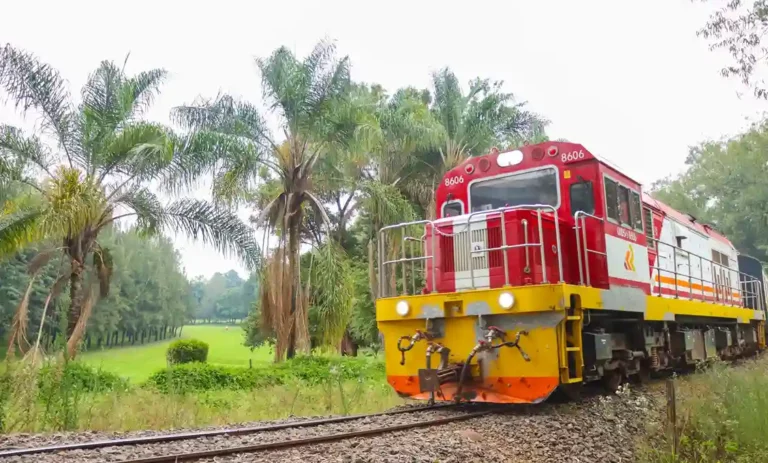Kenya Railways Corporation will begin a feasibility study in April 2025 for the rehabilitation and expansion of the Nairobi Commuter Rail Network (NCR), under the World Bank-supported Kenya Urban Mobility Improvement Project (KUMIP).
The 24-month study will assess the viability of expanding the network from 35 to 53 operational stations, including key transit hubs and supporting infrastructure, to encourage public transport use.
The NCR currently covers 165 km but suffers from aging facilities and infrastructure inadequacies.
The first phase of the expansion will focus on the high-traffic Nairobi-Ruiru route, extending it to Thika Railway Station to meet growing commuter demand and ease congestion.
Subsequent phases will upgrade and operationalize other NCR lines, including Nairobi-Ngong and Nairobi-Kiambu Town. Modernizing ticketing systems is also a priority.
The consultancy work, beginning April 21, 2025, will involve a feasibility study with preliminary engineering, assessing the viability of network upgrades/rehabilitation, developing Transit Oriented Development (TOD) facilities, and improving access roads to stations.
It will also prepare engineering requirements for design and build bidding documents for the entire NCR network, station access facilities, and related infrastructure, particularly along the Thika line.
This expansion builds on previous revitalization efforts, including station modernization, DMU acquisition, and rolling stock refurbishment, commissioned in November 2020.
Phase 1 Construction of Nairobi Central Train Station Commences
Kenya Railways also operates a BRT system connecting the central station to the CBD, Upper Hill, and Westlands and is developing the Nairobi Railway City, a multi-modal urban development project, to further enhance public transport and expand the CBD.
The Kenya Urban Mobility Improvement Project (KUMIP), whose objective is to improve urban mobility in the Nairobi Metropolitan Area (NMA), was approved for implementation by the cabinet in July 2024.
“Revamping Commuter Rail Service, including undertaking feasibility studies and detailed design for the entire 163km commuter rail network in Nairobi Metropolitan Area, upgrading of Thika line from Nairobi Central Station to Thika (58km) with additional railway stations; acquisition of new multiple-unit trainsets, a workshop, upgrading of selected railway stations, and provision of improved feeder bus services connecting railway stations and existing road network,” former Cabinet Secretary for Roads and Transport Kipchumba Murkomen wrote on X.
“It also entails the construction of feeder roads and non-motorised transport infrastructure to enhance the accessibility of the commuter railway stations and adoption of Green Mobility Solution to address urban public transport carbon emissions,” Hon. Murkomen stated.




